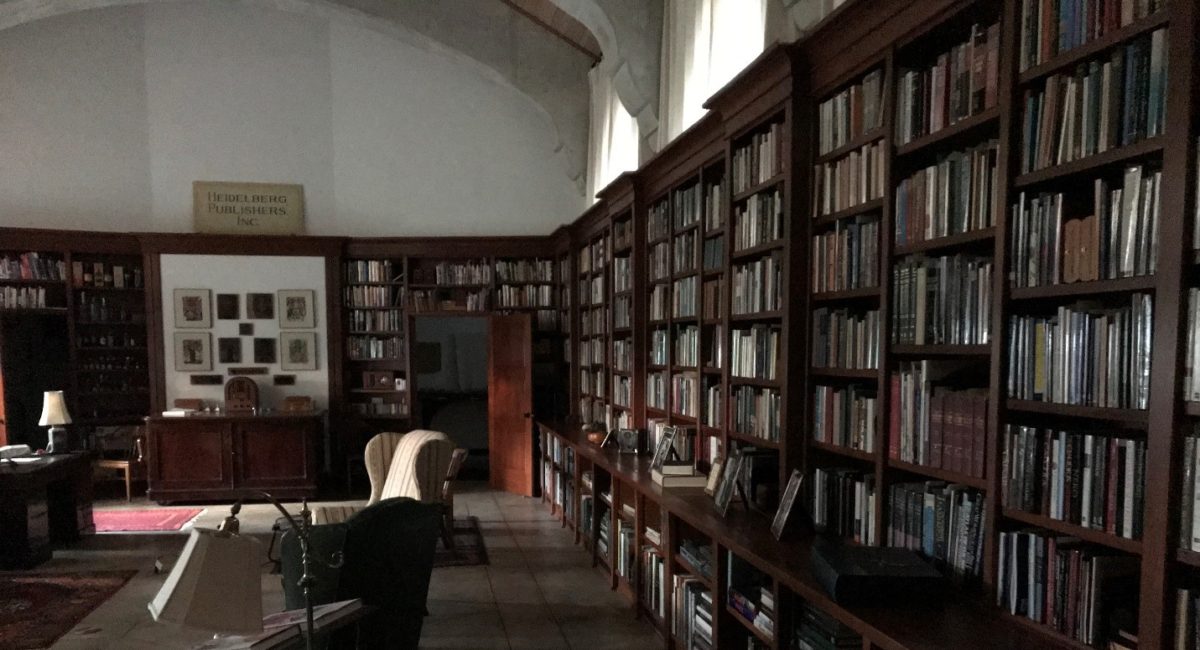Novelists typically aren’t held to the same truth standards as journalists. Our “business,” after all, is imagining stories that have never been told before. Mostly, our truths are in the realm of authenticity, making our characters “ring true,” our dialogue seem “natural,” our stories tell the truths of human nature. But being factual isn’t necessarily an essential element to the larger truths we often try to address in our stories.
But lately I’ve been thinking a great deal about “the truth” in reality in this moment of our lives we call the everyday. This is a time in our history when curating “fact” is absolutely essential if we are going to survive as a democratic society and culture. Or, in this time of Covid-19, if we are going to survive at all, literally.
The late U.S. Senator Daniel Patrick Moynihan famously said that “Everyone is entitled to his own opinion, but not his own facts.” Today the digital revolution has made instant global communication second nature to all of us, and as a result recognizing an untruth, or partial truth, sooner rather than later, has become a critical survival skill.
To that end, I’m listing several fact-checking sites offered on the Internet. They are just a few tools among many we need to get into the habit of using in our pursuit of knowing the truth and recognizing the lie. This is excerpted from The 8 Best Fact-Checking Sites for Finding Unbiased Truth.
Media Bias/FactCheck (MBFC News) The website is a bias rating resource, with multiple fake news checking apps and extensions integrating these ratings into their own systems. The site’s reputation means that it has long been a resource that internet users can visit to check the bias in their favorite news websites.
Snopes Snopes started out as a site that mainly dealt with urban legends, myths, common misconceptions, rumors, and conspiracy theories. However, it has expanded to encompass general fact-checking of viral misinformation, including political statements.
PolitiFact A non-partisan fact-checking website that focuses on political claims made in the US. This includes statements by politicians, political topics such as immigration, and general political news. A global edition of the site tackles stories from other parts of the world.
PolitiFact is a Pulitzer Prize-winning website and was acquired by the Poynter Institute in 2018—a reflection of the site’s commitment to truthful journalism.
FactCheck.org Not only is FactCheck.org a fact-checking website with an established history of journalistic rigor, but it also partners with Facebook to combat viral fake news. It is a non-partisan fact-checking website which focuses primarily on US politics. It is also a non-profit project—meaning it focuses on information, not the pursuit of profit.
TruthOrFiction.com TruthOrFiction.com is one of the longest-running fact-checking sites out there. While it initially focused on looking at internet hoaxes and rumors, it has extended its range to include general fake news as well. This includes political stories and viral content.






